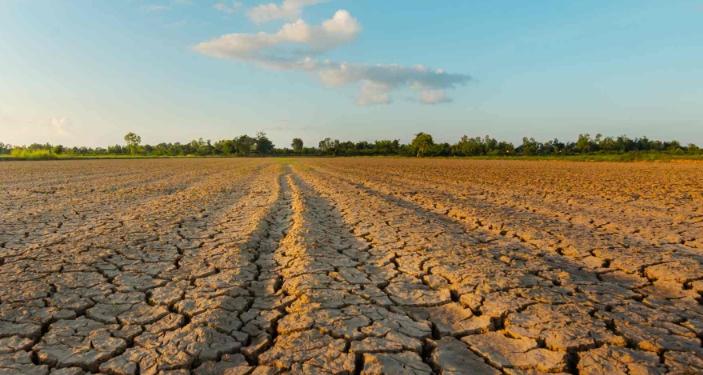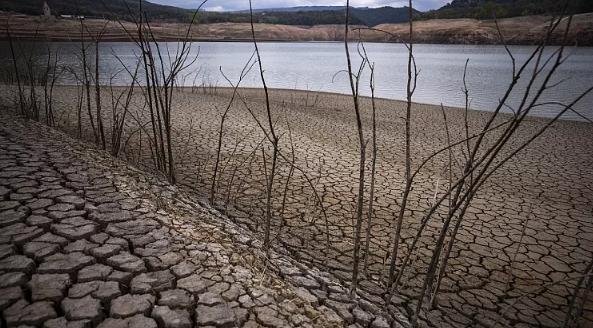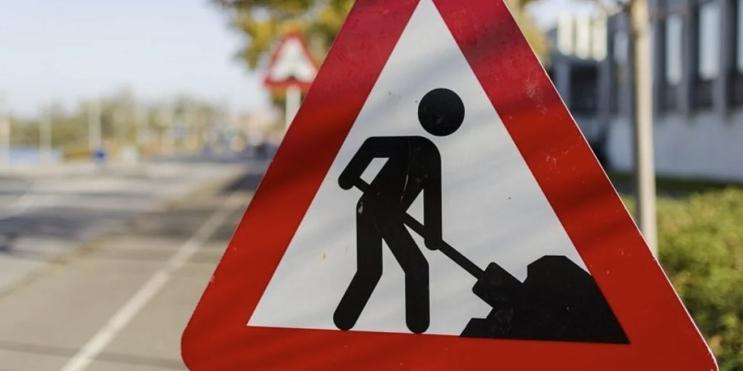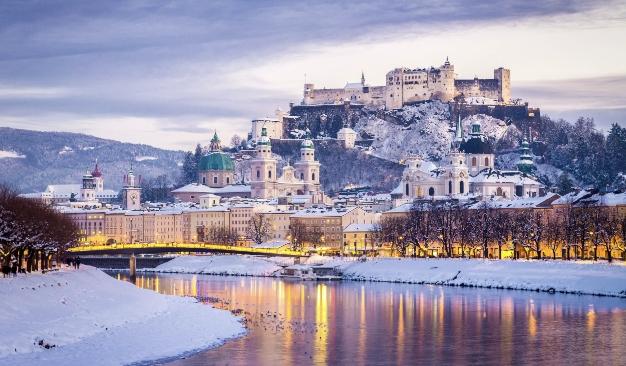Drought is significantly affecting Spain, Italy, and France, prompting these countries to employ diverse measures to mitigate water scarcity for both their citizens and agricultural sectors.
Spain: A Country Parched and Innovating
In Spain, a combination of the driest start of the year since the 1960s and the effects of multiple heatwaves has forced a nation to innovate and adapt. The beautiful yet thirsty landscape of Catalonia and Andalusia resonates with an ancient saying, that during droughts, “the trees chase after the dogs.” But modern times have seen the people of towns like L’Espluga de Francoli chasing after every drop of water they can find, as they suffer under water restrictions implemented since the previous year.
Water restrictions, a common scene, have made nightly rituals a challenge. The town’s taps are turned off from 10pm to 7am. Residents, adapting to the new norm, collect water in bottles or buckets during the day, a testament to human resilience and adaptation. Pep Morató, a council spokesman in L’Espluga de Francoli, said:
“We have been on restrictions since August last year. The underground water tables are running dry now.”
Spain’s proactive approach to this challenge is embodied in a €12 billion programme focused on water reuse, the construction of desalination plants, and enhancement of water infrastructure.
“We require structural responses and constant investment,” said Teresa Ribera, Spain’s acting Environment Minister.
Despite these efforts, reservoirs are at 37% of their normal levels. But thanks to increased desalination efforts, Spain is navigating these dry times with a mixture of ancient traditions and modern innovations.
France: Turning Crisis into Opportunity

France, painted with the elegance of its culture and the richness of its lands, is no stranger to the crippling embrace of drought. Nearly two-thirds of the country’s water tables are languishing below seasonal averages, prompting Environment Minister Christophe Béchu to caution that the water crisis “is not yet behind us.” This reality has manifested in over a thousand communes across the nation, where tap water has either turned unsafe or taps have run completely dry.
Yet, in this predicament, France sees an opportunity for innovation and resilience. A €180 million water-saving plan unveiled by President Emmanuel Macron is a testament to the country’s resolve. Aimed at reducing water use by 10% by 2030 and amplifying the reuse of wastewater from a mere 1% to a robust 10%, the plan mirrors France’s unwavering spirit. “Fixing leaks which waste 20% of supplies every year” is a cornerstone of this ambitious initiative.
Wastewater reuse and innovative water-saving measures highlight a country not defined by its challenges but its solutions. In the worst-affected areas, including the iconic Mediterranean basin and the Rhone Valley, the silent yet resilient march of innovation is turning a crisis into a stage for displaying French ingenuity.
Italy: Blending Tradition and Technology
In the lush and picturesque terrains of Italy, a dance between old and new is unfolding. The nation, kissed by the sun and often deprived of rain, has turned its gaze towards a blend of tradition and technology to quench its thirst. The sweltering summers, interrupted only by hail storms, have pushed Italian farmers to the brink, compelling innovation and adaptability.
Farmers like Andrea Ronca are pioneering this fusion of eras. Utilizing satellite images to meticulously track the driest parts of his land, Ronca epitomizes a new generation of Italian farmers.
“I can adjust irrigation at any time, even from my smartphone, avoiding any waste,” he shares.
The investment in digital tools in farming has surged to €2.1 billion, a dramatic leap from €100 million in 2017.
In the vineyards, where the whisper of the wind harmonizes with the rustling leaves, winemakers employ sensors to monitor air and soil, turning every drop of rainwater and wastewater into a symphony of sustainability. Simone Rech, a Prosecco producer, exemplifies this elegant adaptability:
“Rainwater and wastewater from washing the cellar is collected, purified, and reused.”
In the embrace of drought, Italy is weaving a tapestry of resilience, where the threads of tradition intertwine with the fibres of technology, crafting a narrative of a nation not wilted by the sun, but rather, kissed by innovation and adaptability.



